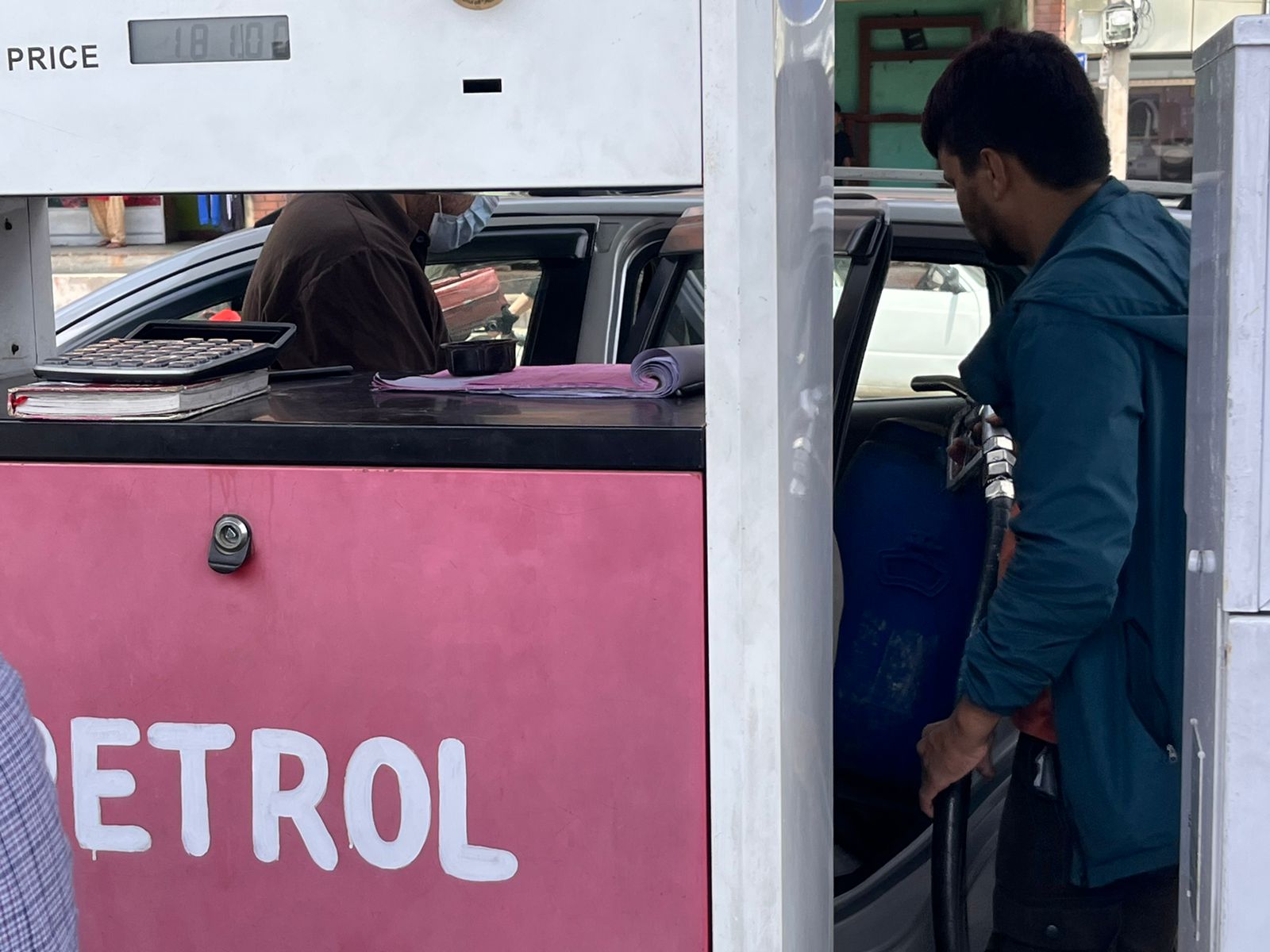Market

Amidst reports that Nepal Oil Corporation (NOC) could start rationing petroleum products to cut down on its mounting losses, automobile-owners lining up outside petrol stations have started panic-buying, filling tanks and even reserve drums.
The state-owned petroleum monopoly hasn’t made any decision regarding rationing petroleum products to buyers just yet – but it has already sent a letter to the Council of Ministers and its line ministry to 'draw the government’s attention' to its soaring losses.
On Monday, July 4, it reviewed the prices of petro products yet again, slightly hiking the prices of petrol, diesel and aviation fuel. NOC hiked the price of petrol by two rupees, diesel and kerosene nine rupees and aviation fuel for domestic consumption by five rupees.
Soaring international prices

Alarmed by its growing losses and debts it owes to the Indian Oil Corporation (IOC), with which it buys petro products, NOC said in a statement that it was compelled to “readjust the prices in keeping with rising international prices of international products stemming from the global energy crisis triggered by Russia-Ukraine war”.
NOC says it’s buying petro products at higher rates from IOC and selling them at subsidised rates in the domestic market, leading to huge financial losses and debts, which will accumulate to around Rs 30 billion by July 8. If no measures are taken to reduce the rising consumption of petro products, the losses and debts will shoot up further and make matters even worse, NOC officials say.
1657102601.png)
The statement said, “Because the prices have not been adjusted to match the actual international prices, the debts that we must pay to IOC will continue to go up – and that will make our job of ensuring smooth supply of petroleum products even more challenging.”
In a bid to cut down on rising fuel price consumption, in April, the government adopted a two-day weekend provision for government offices. After facing criticisms from several quarters, it revoked that decision recently, forcing office-goers to head to offices six days a week, Sunday to Friday.
In the process, they have been burning more fuel as in pre-April days.






